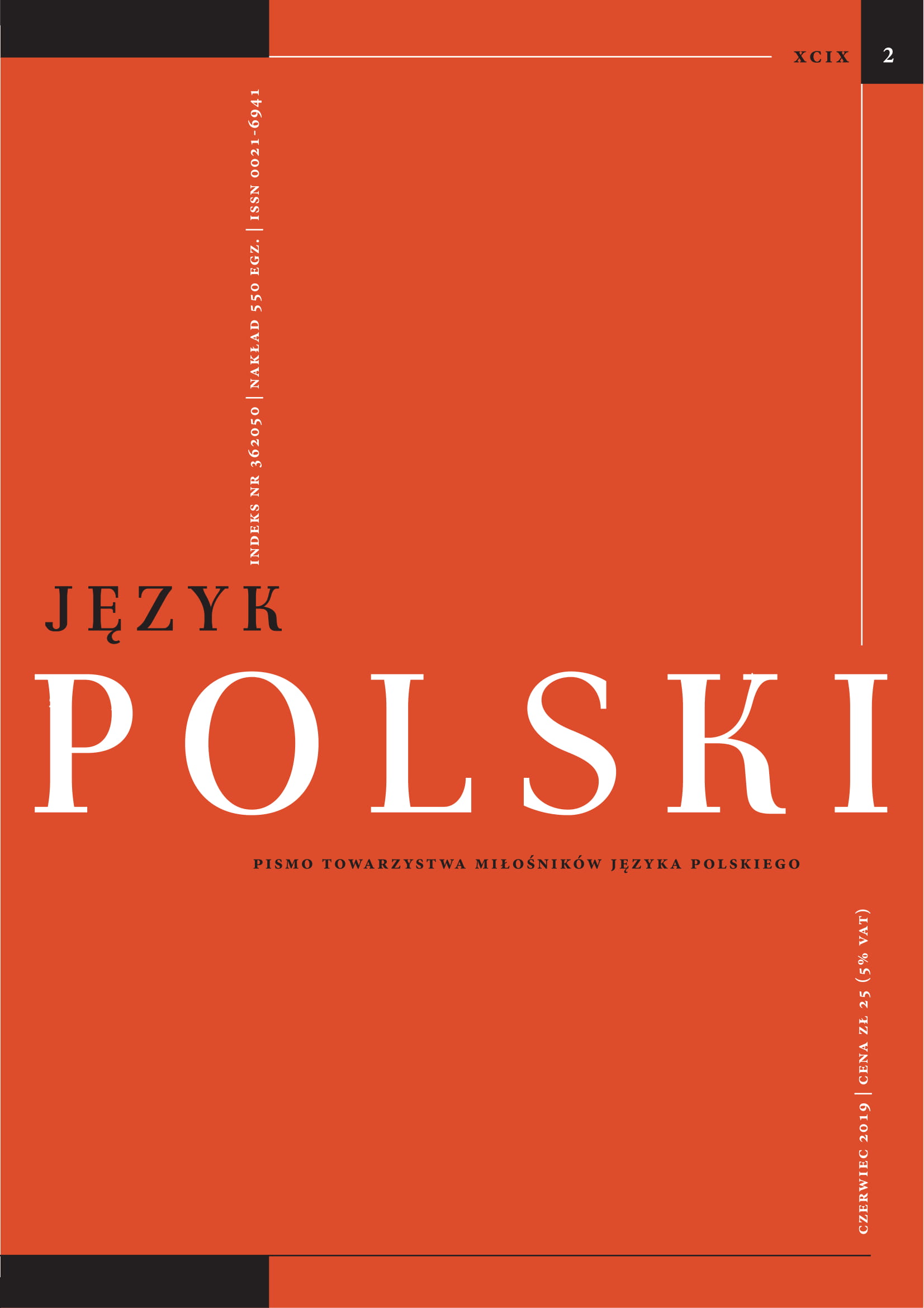„Premiera”, „premierka” czy „pani premier”? Nowe feminatywy w badaniu ankietowym
„Premiera”, „premierka” or „pani premier”? New feminitives and constraints on their formation in the light of a questionnaire study
Author(s): Jolanta Szpyra-KozłowskaSubject(s): Theoretical Linguistics, Applied Linguistics
Published by: Towarzystwo Miłośników Języka Polskiego
Keywords: personal feminine nouns/feminitives; constraints on the formation of feminitives
Summary/Abstract: The paper examines the formation of new feminine nouns in contemporary Polish on the basis of an experiment in which a group of 60 students were asked to provide feminine equivalents of 50 masculine nouns which have no such established correspondents in this language. The goal of the study has been to obtain answers to the following questions: – Which of the two tendencies: feminization (forming feminine nouns) or neutralization (using masculine nouns generically) do the experimental data support? – Which of the possible feminitives, allowed by Polish word-formation, are selected by the participants most frequently? – What is the role of semantic, pragmatic, morphological and phonological constraints on the formation of feminine nouns found in the literature in the respondents’ decisions? The experimental data show a strong tendency towards feminization and a diminishing role of various constraints on their formation, semantic and morphological factors in particular. The respondents made also choices from among alternative options verifying thus many new proposals put forwards in this respect.
Journal: Język Polski
- Issue Year: 2019
- Issue No: 2
- Page Range: 22-40
- Page Count: 19
- Language: Polish

